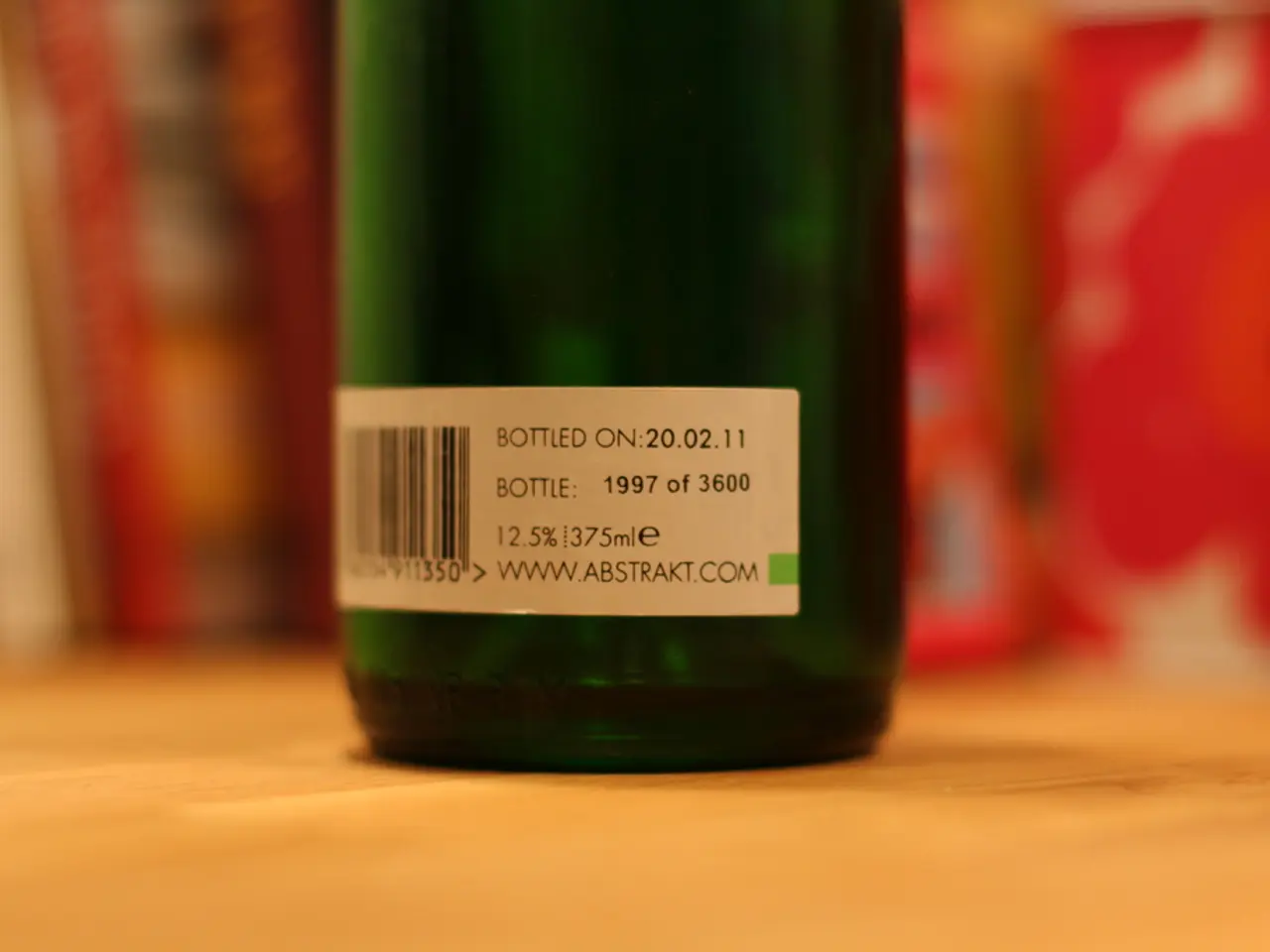Alternative Sweetener Show Promise in Cancer combat Efforts
In a groundbreaking discovery, researchers at Hiroshima University in Japan have found that fermented stevia, a plant commonly used as a calorie-free sweetener, may hold anti-cancer properties, particularly against pancreatic cancer.
Pancreatic cancer remains one of the most difficult cancers to treat, with fewer than 10% of patients surviving five years beyond diagnosis. This research highlights the potential of everyday foods and their natural microbes as untapped sources of new medicines.
The research, led by scientists at Hiroshima University, suggests a potential future role for stevia in tackling pancreatic cancer. In lab tests, the fermented stevia extract caused pancreatic cancer cells to die in large numbers but left healthy kidney cells largely unharmed.
The compound produced from fermented stevia, known as chlorogenic acid methyl ester (CAME), works by blocking cancer cells at a specific phase of their life cycle, preventing them from multiplying and triggering apoptosis, or programmed cell death.
CAME seems to alter the genetic programming of cancer cells, activating genes that promote cell death while suppressing those that help cancer cells grow and survive. This double hit both slows cancer progression and encourages malignant cells to kill themselves.
Stevia leaves are rich in bioactive compounds, some of which have shown hints of anticancer and antioxidant activity in previous research. The fermented extract may offer extra protection for healthy cells, as it is a stronger antioxidant than its unfermented counterpart.
Oxidative stress, an imbalance of free radicals in the body, is linked to cancer and other diseases, and the fermented extract may provide additional protection for healthy cells.
Justin Stebbing, Professor of Biomedical Sciences, Anglia Ruskin University, is associated with this research. The discovery warrants further exploration, but many substances that look promising in petri dishes fail in clinical trials due to the complexity of the human body.
The discovery is significant due to the compound's selectivity, as it kills cancer cells while sparing healthy ones. Killing cancer cells while sparing healthy ones is considered the holy grail for cancer researchers.
The research reflects growing interest in microbial biotransformation - using beneficial bacteria to create powerful compounds from plants. Fermentation can transform plant compounds into new, bioactive molecules, as demonstrated by the production of CAME from fermented stevia.
Fermented soy and ginseng have been found to offer enhanced health properties compared to their raw forms. This finding stands out due to the compound's selectivity, as it kills cancer cells while sparing healthy ones.
In the case of stevia, a simple quest for a natural sweetener has evolved into something potentially far more profound: a stepping stone toward a cancer therapy that's natural, targeted, and cost-effective. However, it is important to note that these results come from lab-grown cells, not from animal or human studies.
This research offers a promising avenue for future studies on the potential use of fermented stevia in cancer treatment, particularly for pancreatic cancer. Further research is needed to confirm these findings and determine the safety and efficacy of using fermented stevia as a cancer treatment in humans.
Read also:
- Understanding Hemorrhagic Gastroenteritis: Key Facts
- Stopping Osteoporosis Treatment: Timeline Considerations
- Tobacco industry's suggested changes on a legislative modification are disregarded by health journalists
- Expanded Community Health Involvement by CK Birla Hospitals, Jaipur, Maintained Through Consistent Outreach Programs Across Rajasthan








